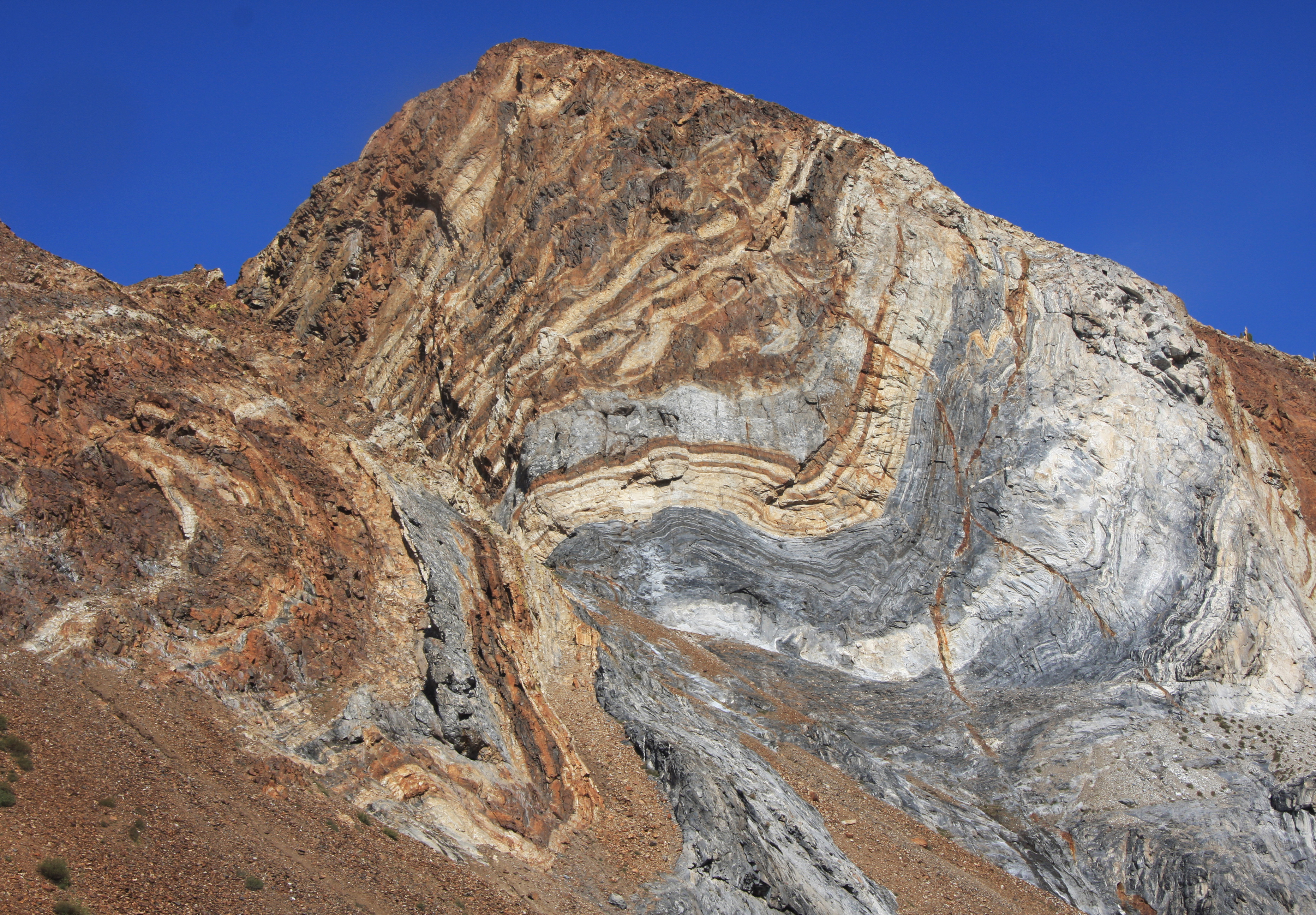That Muir was thus reborn, not from a life of sin to submission to the God of the Bible, but from a life of repression to revelation of the God of Nature, has left us the rich and inspiring legacy of his wilderness gospel.Inspired by the transcendence of the High Sierras, Muir wrote:
― Mark R. Stoll
Mountains holy as Sinai. No mountains I know of are so alluring. None so hospitable, kindly, tenderly inspiring. It seems strange that everybody does not come at their call. They are given, like the Gospel, without money and without price. 'Tis heaven alone that is given away'.
 |
| Alpine meadow, boulders, and mountains in Humphries Basin John Muir Wilderness, Sierra Nevada |
For Muir the Sierras were a source of infinite well-being, awe, and wonderment. He described the deep calm and connection with a keen presence and awareness:
Here is calm so deep, grasses cease waving... Wonderful how completely everything in wild nature fits into us, as if truly part and parent of us. The sun shines not on us but in us. The rivers flow not past, but through us, thrilling, tingling, vibrating every fiber and cell of the substance of our bodies, making them glide and sing. The trees wave and the flowers bloom in our bodies as well as our souls, and every bird song, wind song, and; tremendous storm song of the rocks in the heart of the mountains is our song, our very own, and sings our love.
 |
| Folded rocks of Sevehah Cliff on the trail up Convict Canyon John Muir Wilderness, Sierra Nevada |
Of the resonance and oneness one experiences in the transcendence of nature, Muir wrote:
The Song of God, sounding on forever. So pure and sure and universal is the harmony, it matters not where we are, where we strike in on the wild lowland plains. We care not to go to the mountains, and on the mountains we care not to go to the plains. But as soon as we are absorbed in the harmony, plain, mountain, calm, storm, lilies and sequoias, forests and meads are only different strands of many-colored Light-are one in the sunbeam!
REFERENCES
- God and John Muir: A Psychological Interpretation of John Muir's Life and Religion, Mark R. Stoll, Sierra Club.
- Mountain Thoughts, John Muir, Sierra Club. Note: Mountain Thoughts written by Muir during the 1870s, were collected by Linnie Marsh Wolfe and published in John of the Mountains, 1938.
- The New Holy Wars: Economic Religion Versus Environmental Religion in Contemporary America, Robert H. Nelson, Penn State University Press, 2010.

